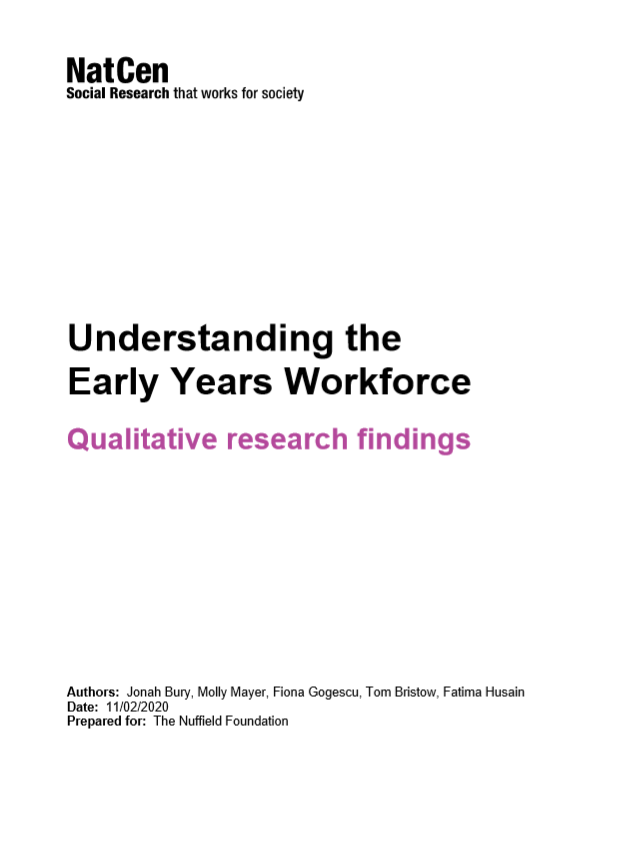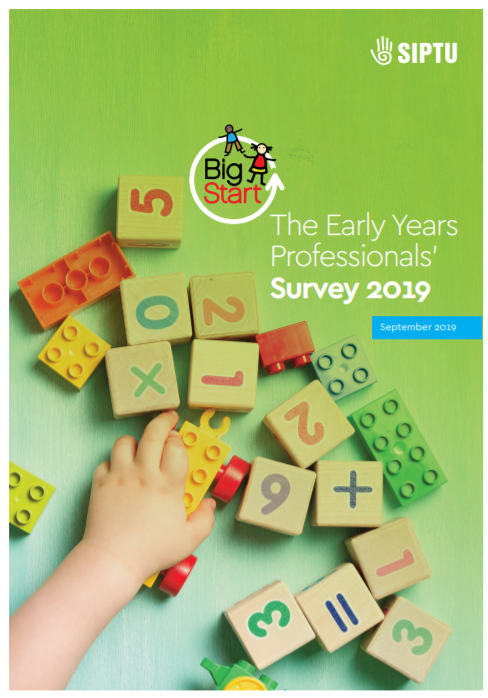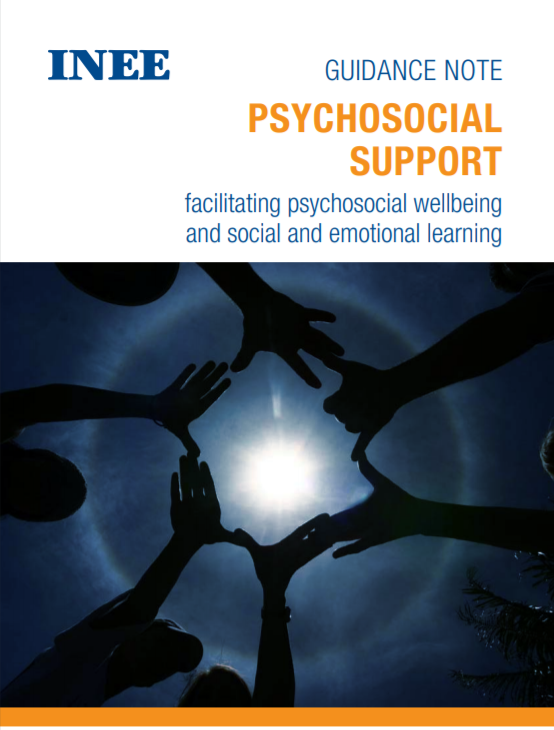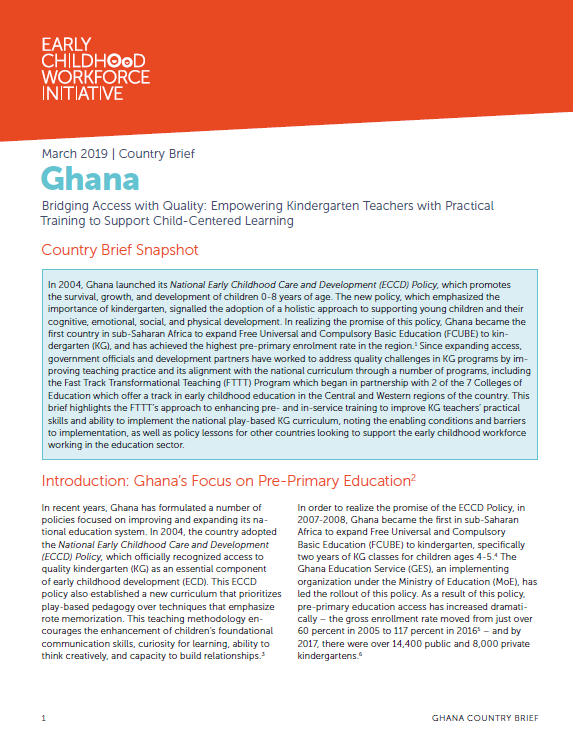Building Resilience in Africa: ECD Workforce Support and Strengthening Amid Covid-19!
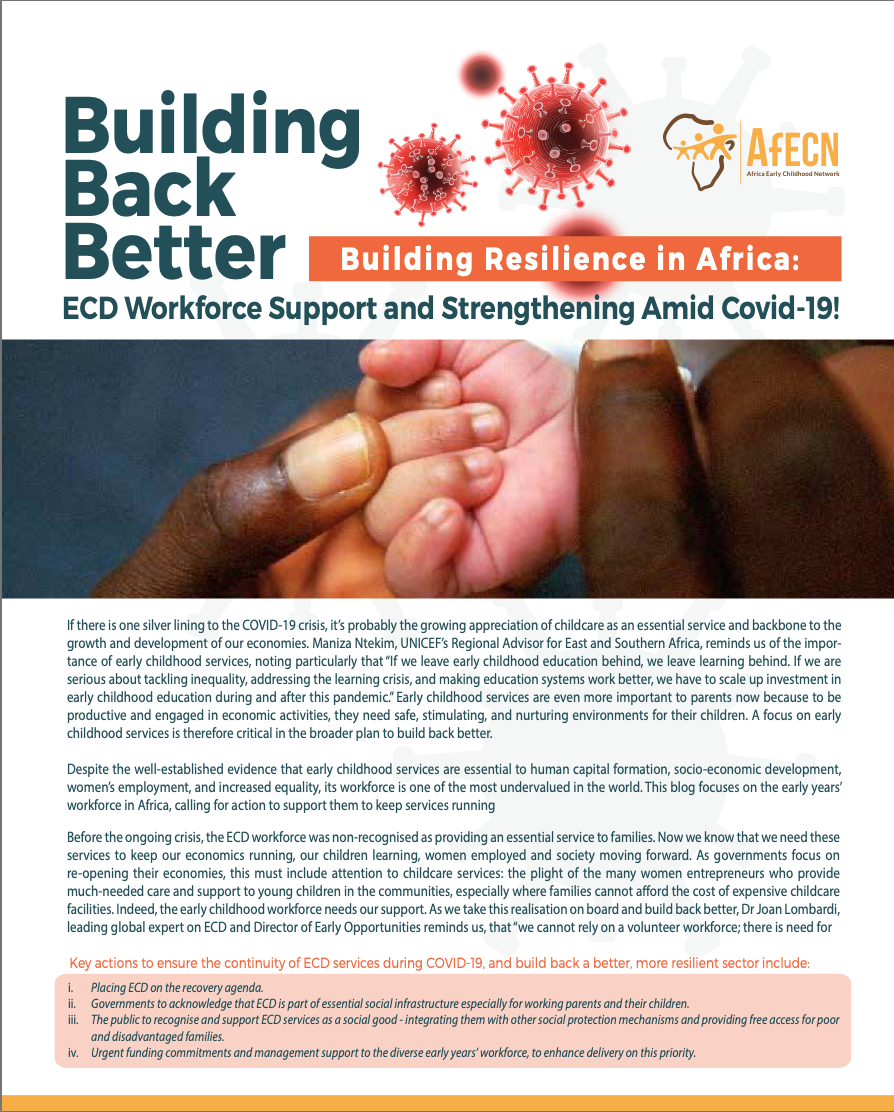
If there is one silver lining to the COVID-19 crisis, it’s probably the growing appreciation of childcare as an essential service and backbone to the growth and development of our economies. Maniza Ntekim, UNICEF’s Regional Advisor for East and Southern Africa, reminds us of the impor- tance of early childhood services, noting particularly that “If we leave early childhood education behind, we leave learning behind. If we are serious about tackling inequality, addressing the learning crisis, and making education systems work better, we have to scale up investment in early childhood education during and after this pandemic.” Early childhood services are even more important to parents now because to be productive and engaged in economic activities, they need safe, stimulating, and nurturing environments for their children. A focus on early childhood services is therefore critical in the broader plan to build back better.
Despite the well-established evidence that early childhood services are essential to human capital formation, socio-economic development, women’s employment, and increased equality, its workforce is one of the most undervalued in the world. This blog focuses on the early years’ workforce in Africa, calling for action to support them to keep services running.
2020
static1.squarespace.com

